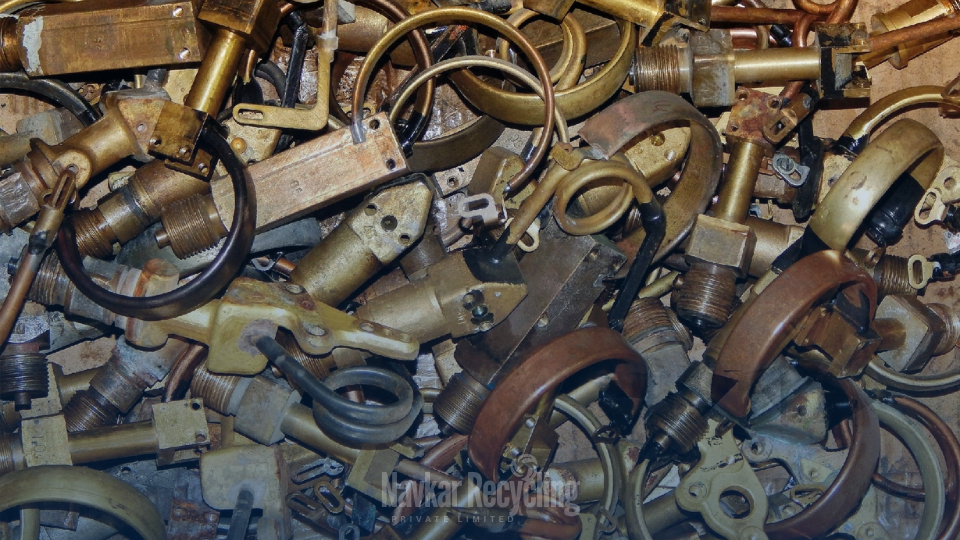e-waste recycling
Ferrous & Non-Ferrous Metal Recycling Company in India: Turning Waste into Opportunity
India generates enormous amounts of ferrous and non-ferrous metal waste, contributing to significant environmental concerns. Through advanced metal recycling processes, we transform discarded metal into high-value materials, reducing carbon footprints and promoting a circular economy.
What is Metal Recycling?
Metal recycling is the process of recovering, processing, and reusing ferrous and non-ferrous metals from end-of-life products, industrial scraps, and construction debris. This process reduces the need for mining, conserves natural resources, and minimizes environmental
Why is Metal Recycling Important?
- Reduces the need for mining raw metals
- Decreases energy consumption compared to metal extraction
- Lowers greenhouse gas emissions
- Contributes to a circular economy
- Creates employment opportunities in the metal recycling sector
The Importance of Metal Recycling Plants in India
The establishment of a metal recycling plant in India plays a crucial role in managing the country’s increasing industrial and commercial waste. Implementing ferrous metal recycling and non-ferrous metal recycling processes ensures efficient recovery of valuable resources. Advanced technology enhances the metal recycling process, promoting sustainable resource management while reducing environmental impact.
Complete EPR Services for Sustainable Metal Waste Management
Understanding Extended Producer Responsibility (EPR) in Metal Recycling
EPR compliance ensures that producers take responsibility for the recycling and safe disposal of ferrous and non-ferrous metals.
EPR Compliance and Metal Recycling Regulations in India
Metal recycling in India is governed by stringent Environmental Producer Responsibility (EPR) obligations and regulatory frameworks to ensure sustainable waste management. The government has mandated specific recycling targets for both ferrous metal recycling and non-ferrous metal recycling, requiring businesses to adhere to well-defined collection and processing regulations. Companies involved in metal recycling must comply with strict reporting and documentation requirements, ensuring transparency and accountability in waste management.
To effectively implement EPR in metal recycling, businesses need to establish efficient collection networks, collaborate with authorized recyclers, and align their operations with the legal frameworks set by environmental authorities. These steps not only facilitate compliance but also contribute to a more structured and responsible recycling ecosystem.
The role of EPR consultants is crucial in helping organizations navigate these regulations. Professional consultants assist businesses in meeting compliance requirements, securing necessary certifications, and implementing sustainable metal waste management strategies. Their expertise ensures that recycling operations align with national and global environmental standards.
EPR has a significant impact on metal recycling in India, helping industries meet environmental benchmarks while enhancing their sustainability efforts. By integrating responsible ferrous and non-ferrous metal recycling practices, companies not only comply with government policies but also strengthen their commitment to carbon footprint reduction and environmental conservation.
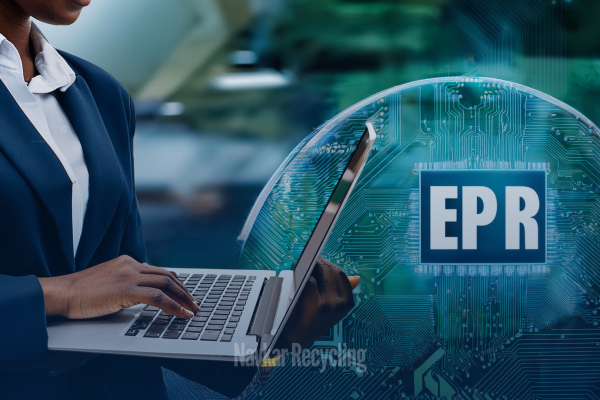
EPR Services
Comprehensive Extended Producer Responsibility solutions for sustainable waste management.
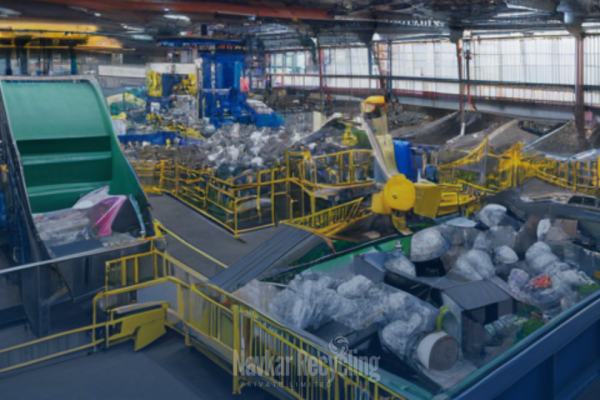
Recycling
Efficient recycling processes turning waste into reusable and valuable materials.
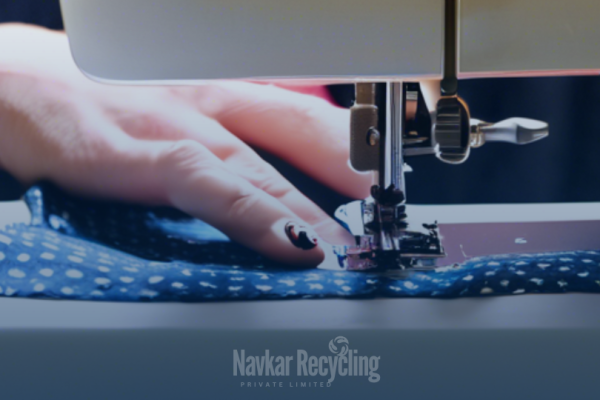
Upcycling
Transforming waste materials creatively into higher-value, innovative products.
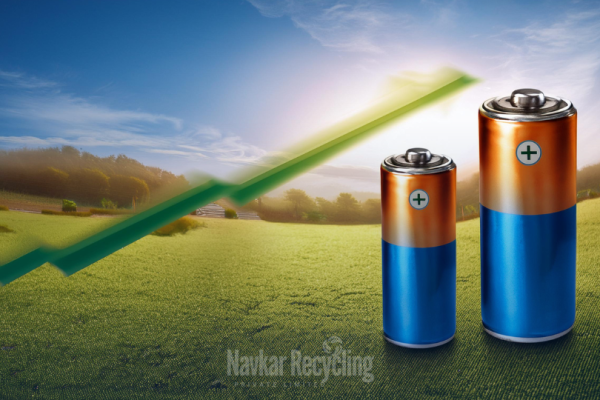
Lead Acid Battery
Responsible and safe recycling of lead-acid batteries, prioritizing environmental protection.
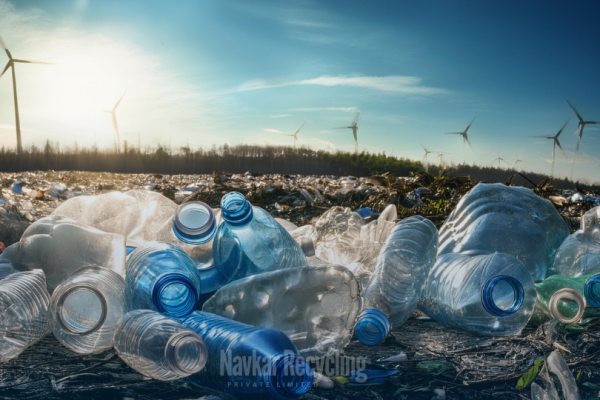
EPR Plastic Waste Management
Effective management and recycling of all plastic waste types, ensuring sustainability.
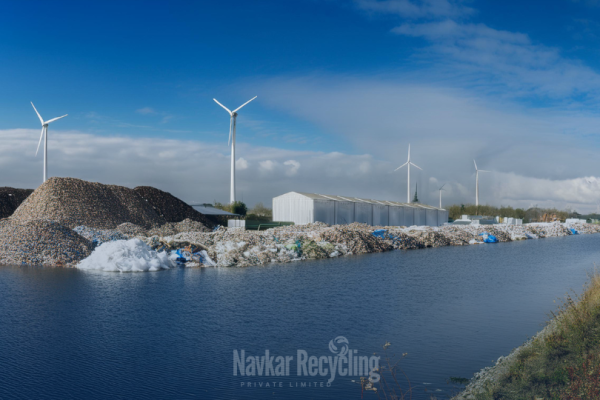
EPR Compliance
Ensuring full compliance with all Extended Producer Responsibility (EPR) regulations and standards.
SECURE YOUR BUSINESS WITH COMPLIANT, EFFICIENT, AND TRUSTED Ferrous and Non-Ferrous Metal Recycling
Unlock the Benefits of Partnering for Ferrous and Non-Ferrous Metal Recycling in India
Partnering with a certified Ferrous and Non-Ferrous Metal Recycling offers numerous advantages for businesses and the environment.
Enhanced Brand Reputation
Showcasing commitment to sustainable practices
Cost-Effective Solutions
Lowering operational costs and waste management expenses
Regulatory Compliance & Risk Reduction
Meeting government regulations for metal recycling
Active Sustainability Contribution
Supporting a greener economy through responsible recycling
Seamless EPR Compliance
Assistance in fulfilling EPR obligations efficiently
Consumer Engagement & Awareness
Contributing to a cleaner and healthier environment
Trusted Clients & Partners
Our Clients & Partners
Navkar Recycling Private Limited is honored to work with esteemed clients and partners who share our dedication to environmental stewardship. Together, we drive innovative solutions for a sustainable future.



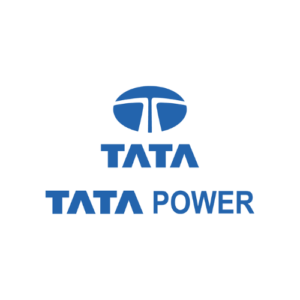
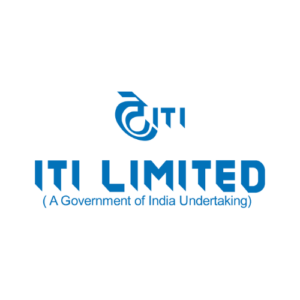




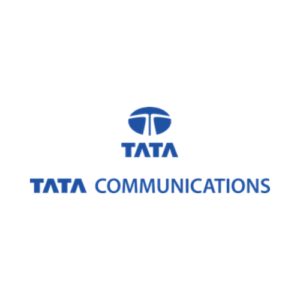
Hear from Our Satisfied Partners
Testimonials
Discover what our clients have to say about their experience with Navkar Recycling Private Limited.
Our commitment to excellence in e-waste management and recycling services has earned us praise from businesses across various industries.
Navkar Recycling Private Limited has been an invaluable partner in managing our e-waste recycling needs. Their commitment to sustainability and efficiency has streamlined our processes and reduced our environmental footprint.

HR Manager, WeServe LLC.
The professional and reliable services provided by Navkar Recycling, a leading waste management company in India, have significantly improved our waste management practices. Their expertise in handling hazardous waste gives us peace of mind.

Fitness Instructor
We’ve been impressed with the level of service and attention to detail from Navkar Recycling. Their innovative solutions in e-waste management and dedication to compliance have greatly benefited our operations.

Nutrition Expert, Food Villa
Working with Navkar Recycling, a top e-waste recycler in India, has been a game-changer for us. Their comprehensive services and commitment to recycling have helped us meet regulatory requirements and enhance our sustainability efforts.

Software Developer
Schedule a Call Now for Easy Pickup
Need a hassle-free pickup for your recycling needs? Schedule a call with Navkar Recycling today!
Our team is ready to assist you with convenient waste management and e-waste recycling solutions.
Book your call and arrange an easy pickup.
YOUR QUESTIONS ANSWERED FOR SEAMLESS ferrous metal recycling, non-ferrous metal recycling
FAQs About EPR Registration for ferrous metal recycling, non-ferrous metal recycling
Here are some common questions about ferrous metal recycling, non-ferrous metal recycling, and metal waste management in India:
What is Metal Recycling and Why is it Important?
Metal recycling is the process of recovering and reprocessing discarded ferrous and non-ferrous metals from industrial waste, end-of-life products, and manufacturing scraps. This practice is crucial for reducing mining dependence, conserving natural resources, lowering energy consumption, and minimizing environmental pollution.
How Does Metal Recycling Work?
The metal recycling process involves several key steps:
- Collection & Sorting – Metal waste is gathered from industries, construction sites, and households.
- Shredding & Processing – Metals are crushed into smaller pieces for efficient melting.
- Purification & Refining – Impurities are removed to maintain metal quality.
- Melting & Reshaping – The purified metal is melted and cast into new products.
What Are the Benefits of Setting Up a Metal Recycling Plant in India?
A metal recycling plant plays a crucial role in sustainable resource management. Benefits include:
- Conservation of natural resources by reducing ore extraction.
- Lower energy consumption compared to metal production from raw materials.
- Reduction of industrial waste and pollution.
- Economic opportunities and job creation in the recycling sector.
What Happens to Metals That Are Not Recycled?
Discarded metals that are not processed through ferrous metal recycling or non-ferrous metal recycling end up in landfills, contributing to environmental degradation. Over time, they may release harmful substances into the soil and water, affecting ecosystems and human health.
How is India Managing Metal Waste Recycling?
India has implemented various metal recycling rules and EPR compliance regulations to ensure proper waste management. Government initiatives promote responsible recycling practices, and businesses are encouraged to partner with authorized recyclers to reduce industrial waste.
Is Metal Recycling a Profitable Business in India?
Yes, metal recycling is highly profitable due to the high demand for ferrous metals (like iron and steel) and non-ferrous metals (such as aluminum, copper, and brass). The industry benefits from reduced production costs, steady raw material supply, and increasing environmental awareness.
What Are the Challenges Faced in Metal Recycling?
Some key challenges include:
- Lack of proper segregation of ferrous and non-ferrous metals.
- Limited awareness about recycling benefits.
- High initial investment for setting up a metal recycling plant.
- Fluctuations in metal market prices, affecting profitability.
How Can Businesses Contribute to Sustainable Metal Recycling?
-
- Partnering with EPR-compliant metal recycling plants.
- Implementing waste segregation systems for better recycling efficiency.
Businesses can contribute by:
-
Adopting sustainable circular economy practices in manufacturing.
What Are the Future Trends in Metal Recycling?
- Advanced sorting technologies using AI and robotics.
- Increased adoption of EPR compliance for metal waste management.
- Growing investment in metal recycling plants across India.
- Expansion of the non-ferrous metal recycling sector, especially for electric vehicle (EV) batteries.
What Are the Economic Benefits of Metal Recycling?
- Cost savings in manufacturing due to recycled metal availability.
- Revenue generation from the sale of recycled metals.
- Job creation in the waste management and recycling industry.
- Reduction in import dependency for raw materials.

